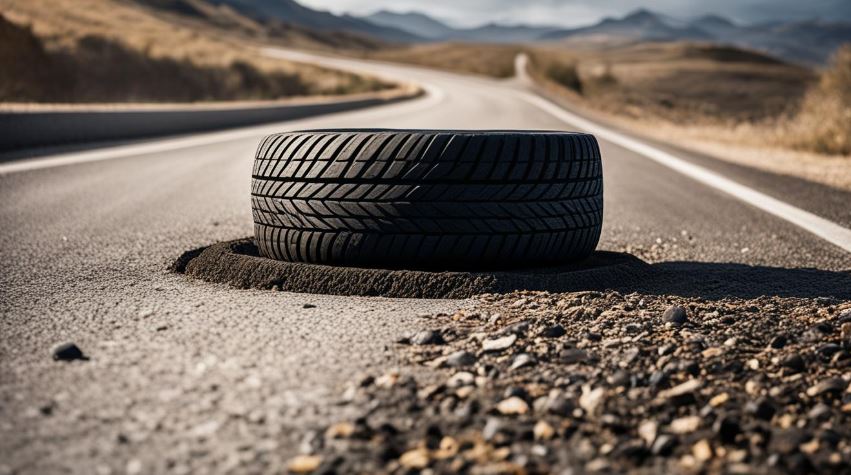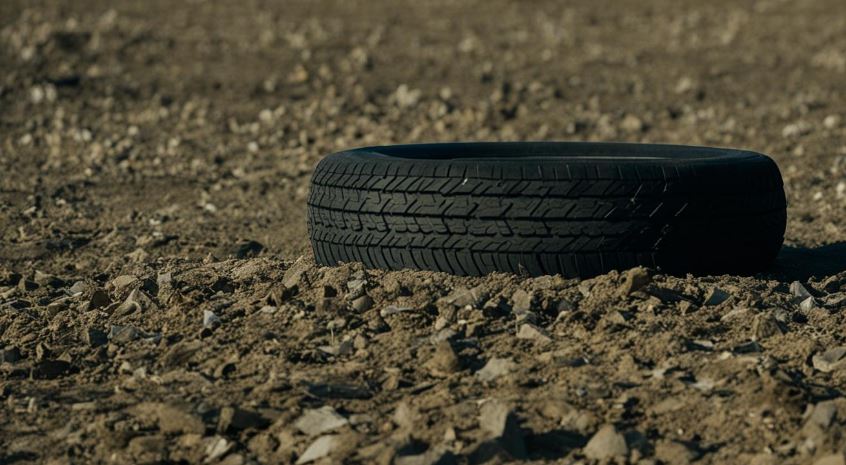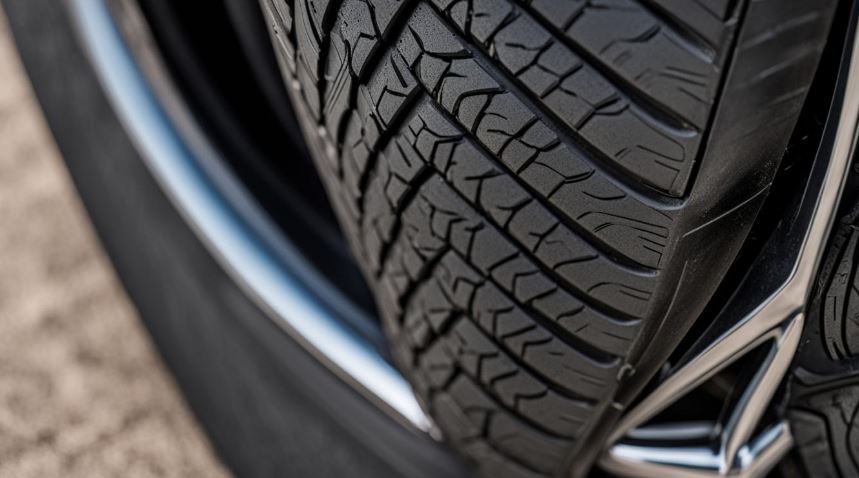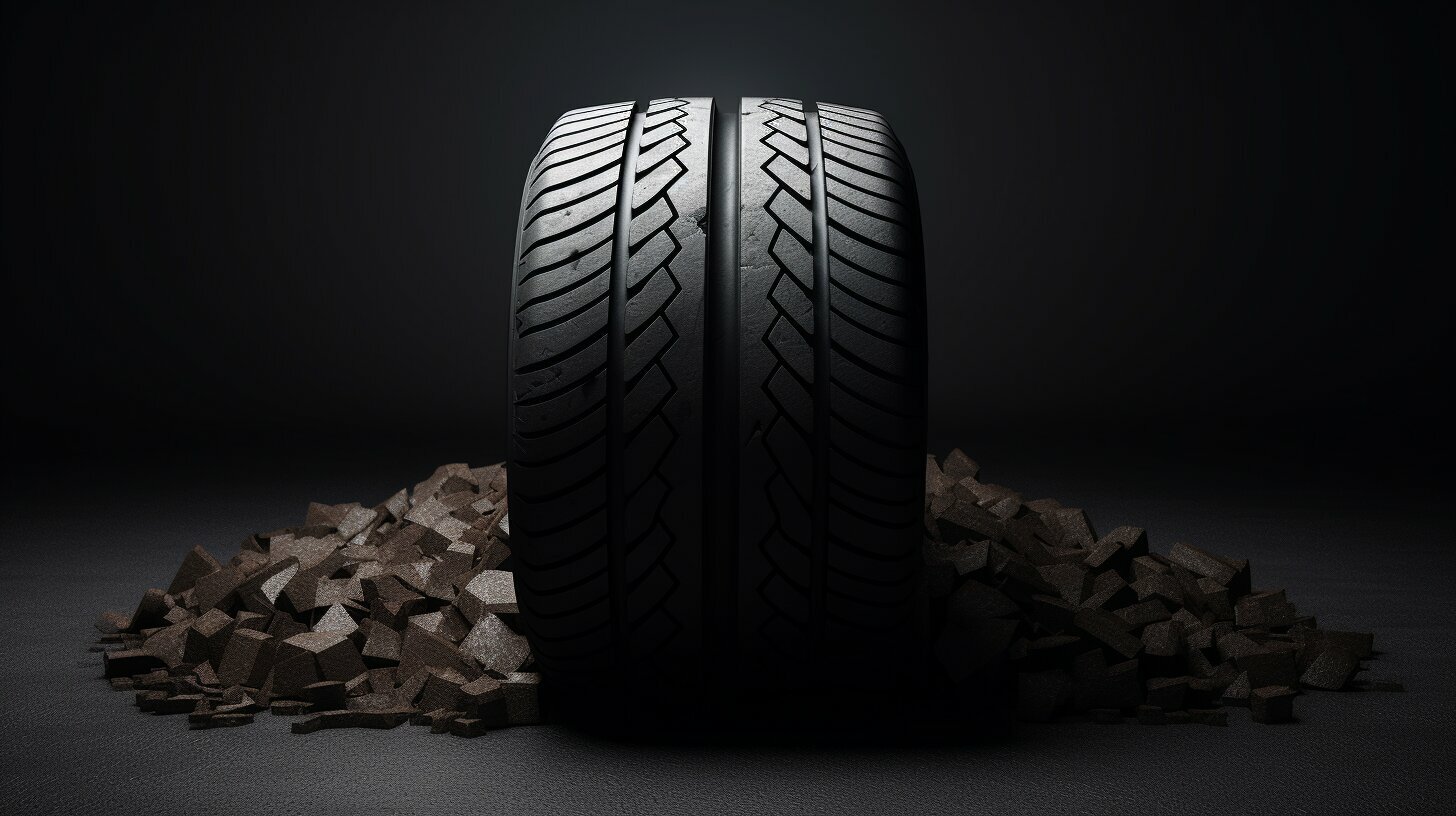Posted on 12/12/2023

When it comes to the lifespan of a tire, there is no exact answer. However, there are factors that can influence how long a tire will last. In this article, we will explore the average lifespan of tires and the varying factors that can affect their durability. Key Takeaways: The lifespan of a tire varies depending on various factors. Factors such as driving habits and regular maintenance can impact tire longevity. Tread wear, safety concerns, and tire inflation and alignment issues are signs for tire replacement. The NHTSA provides guidelines, experts offer recommendations, and manufacturers have specific recommendations for tire lifespan. Strategies for prolonging tire life include proper maintenance practices and driving techniques to minimize wear and tear. Average Lifespan of Tires and Varying Durabilities The average lifesp ... read more
Posted on 11/24/2023

If you find yourself with a flat tire while on the road, it's important to know what steps to take to safely and efficiently handle the situation. Changing a tire is a crucial skill for drivers, especially in areas with limited phone service or access to auto repair businesses. This section will provide you with a step-by-step guide on how to replace a flat tire, including the necessary tools and precautions to take. Also, keep in mind if you get a flat tire any where in the Phoenix, AZ metro area call Lug Wrench Heroes for mobile tire repair and replacement services. Key Takeaways: Knowing how to change a tire is essential for every driver to handle unexpected situations. Keep the necessary tools such as a car jack, lug wrench, fully inflated spare tire, and vehicle owner's manual in your vehicle. Find a safe location, apply hazard lights, and use wheel wedges to prevent your vehicle f ... read more
Posted on 11/1/2023

When it comes to repairing a tire, there are limitations based on the type and extent of the damage. The Tire Industry Association sets guidelines for tire repairs, including limitations on puncture repairs and maximum injury sizes for different types of tires. A proper puncture repair involves removing the tire from the rim, drilling out the damage, buffing the inner liner, filling the injury with a vulcanized rubber stem, and reinforcing and sealing the repair from the inside with a repair unit. Certain types of injuries, such as punctures larger than 1/4" in passenger tires or 3/8" in steel belted truck tires, sidewall damage, damage from running flat or under inflated, and excessive tread wear, cannot be safely repaired. It's important to take your vehicle to a reputable tire care professional for assessment and repair. Key Takeaways: Tire repair is subject to limitations based on the type and extent of damage. The Tire Ind ... read more
Posted on 10/24/2023

When it comes to the lifespan of tires in Phoenix, there are a few factors to consider. The hot and dry weather, combined with the rough road conditions, can cause tires to degrade faster compared to other areas. So, how long should tires last in Phoenix? Key Takeaways: Tires in Phoenix typically last around 3-4 years or 40,000 miles. The hot and dry weather in Phoenix can cause rubber compounds in tires to degrade faster. Tires worn down below 2/32" of tread depth may need to be replaced earlier. Tucson's bad roads and stop-and-go city driving can reduce tire lifespan to 2-3 years. Cooler climates like Prescott and Flagstaff may extend tire longevity, but all-season or winter tires are necessary for snow and harsh weather conditions. Factors Affecting Tire Lifespan in Arizona When it comes to the durability of tires in Phoenix and throughout Arizona, there are several factors that can impact their lifespan. Understanding t ... read more
Posted on 10/13/2023

When faced with a damaged tire, it's essential to consider whether repairing or replacing it is the best course of action. Making the right decision is crucial for the safety and performance of your vehicle. In this article, we will explore the factors you should consider when deciding between tire repair and replacement, the pros and cons of each option, instances where replacement is necessary, the importance of consulting a professional, and proper tire care. Key Takeaways: Patching a tire can be a cheaper option and can last for several years if done properly. Tire patching is suitable for punctures within the repair area and less than ¼ inch in diameter. Replacing a tire offers benefits such as increased traction, better performance, and increased safety. Instances where tire replacement is necessary include sidewall or shoulder punctures, punctures larger than ¼ inch, and excessive wear or cracks on the sidewall. Consulting a ... read more